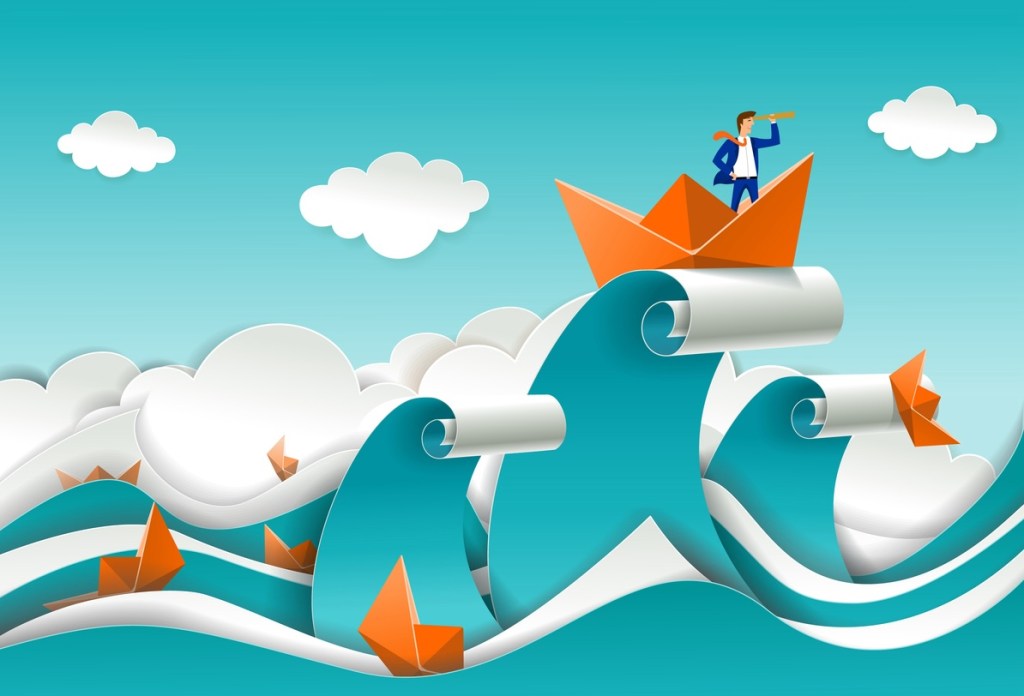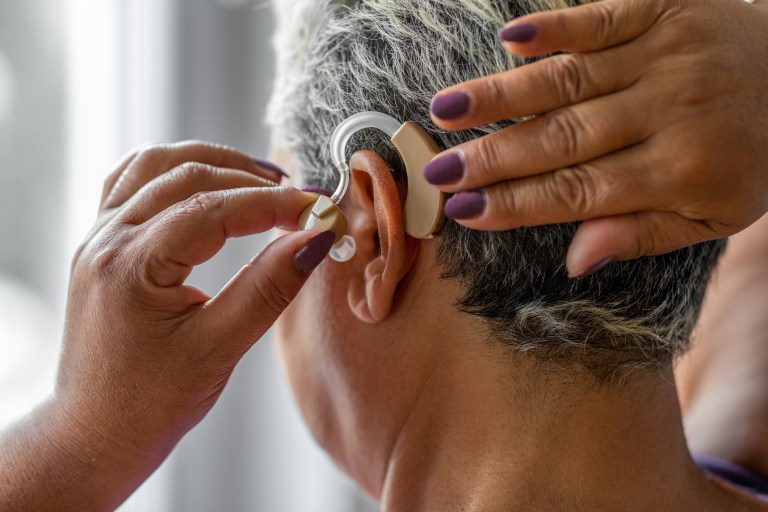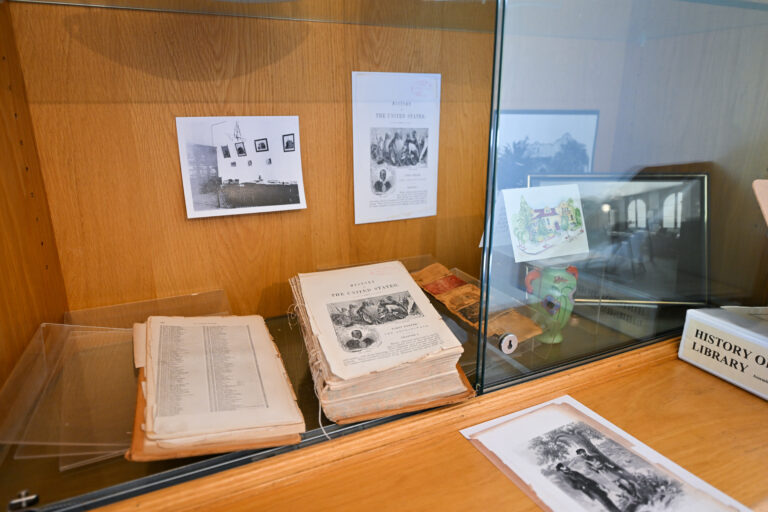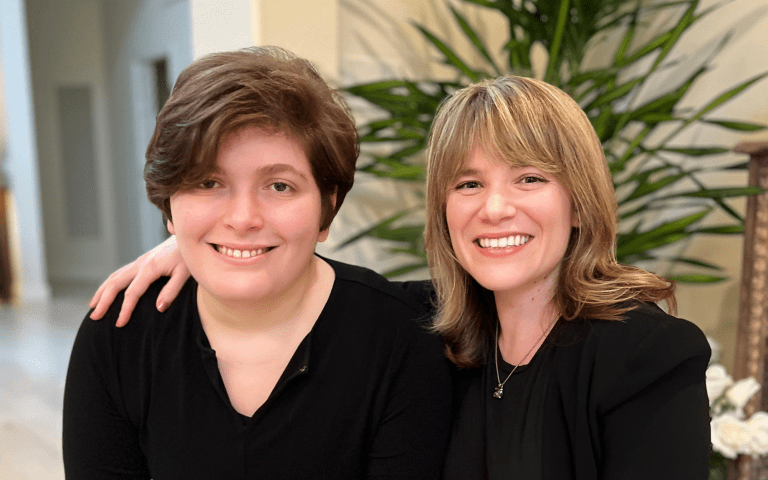An abundance of scientific evidence exists supporting the benefit of mindfulness on anxiety, depression, pain, addiction, and more. And now, new research has found that when it comes to prolonged periods of professional stress, something else could be equally, if not more, effective: hope.
Mindfulness is defined as maintaining moment-to-moment awareness of one’s thoughts, feelings, bodily sensations, and the environment, through a gentle, non-judgmental lens. Hope, on the other hand, is about looking past the present moment and into the future, and has also been linked to improved well-being.
“There’s a lot of discussion about the benefits of mindfulness, but it poses two challenges when you’re going through periods of stress,” study co-author Tom Zagenczyk, a professor of management at North Carolina State University, explained in a statement. “First, it’s hard to be mindful when you’re experiencing stress. Second, if it’s a truly difficult time, you don’t necessarily want to dwell too much on the experience you’re going through.”
Publishing their findings on Aug. 30 in the journal Stress & Health, Zagenczyk and his colleagues asked 247 professional musicians to take two surveys one month apart in 2021, controlling for the severe negative impact of the COVID-19 pandemic.
The first asked enrollees about their thoughts and experiences during the first six months of the pandemic, and also included questions aimed at uncovering how hopeful and mindful they were between September 2020 and March 2021. The second survey asked the musicians to report on work-related resilience, engagement, and job-related tension and distress they experienced between April and September or October of that same year.
The team analyzed the responses using statistical techniques, identifying relationships between hope, mindfulness, and outcomes related to personal well-being and attitudes toward work.

They determined that hope — but not mindfulness — predicted professional engagement, resiliency, and reduced tension and distress over time.
“These findings suggest that in times of intense stress or adversity, future-oriented thinking such as hope may be more effective than mindfulness in sustaining positive mindsets and action-oriented outcomes such as engagement,” the authors wrote.
The research holds a takeaway for all industries, not just the arts. “Whenever we have high levels of job stress, it’s important to be hopeful and forward looking,” said co-author Emily Ferrise, a doctoral student at Clemson University, in a statement. “And to the extent possible, there is real value for any organization to incorporate hope and forward thinking into their corporate culture — through job conditions, organizational communications, etc.”
“Every work sector experiences periods of high stress,” added Zagenczyk. “And every company should be invested in having happy employees who are engaged with their work.”
It’s clear that both hope and mindfulness have their place in positively influencing mental health, with each offering unique benefits.
“Being mindful can be tremendously valuable — there are certainly advantages to living in the moment,” said co-author Sharon Sheridan. “But it’s important to maintain a hopeful outlook — particularly during periods of prolonged stress. People should be hopeful while being mindful — hold on to the idea that there’s a light at the end of the tunnel.”
RELATED: Move Over, Dystopias and Utopias: Protopias Offer a Hopeful, Realistic Vision of the Future











